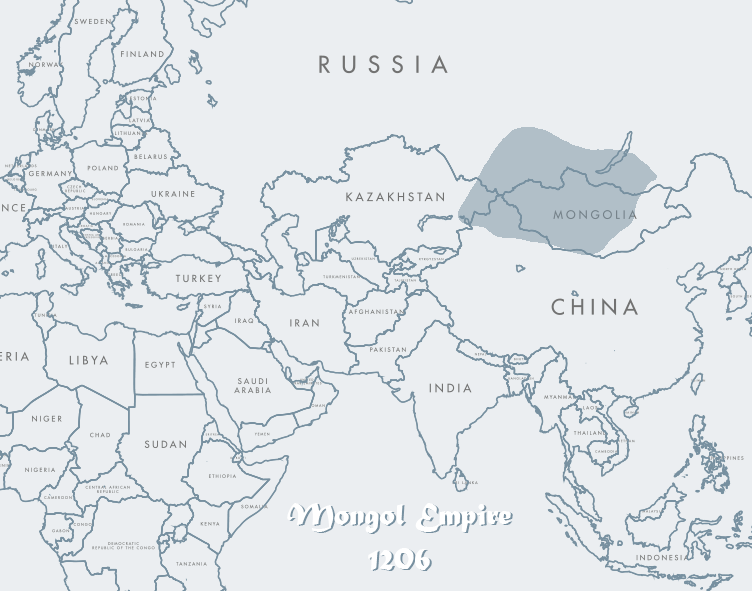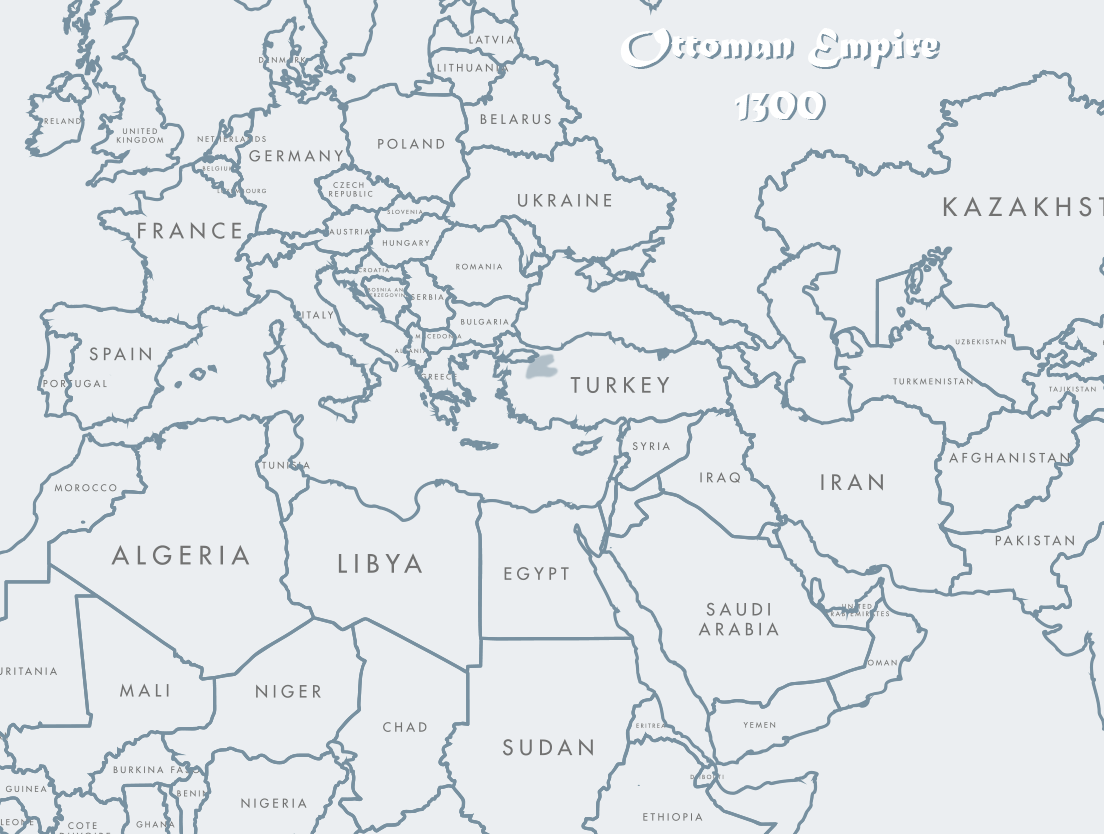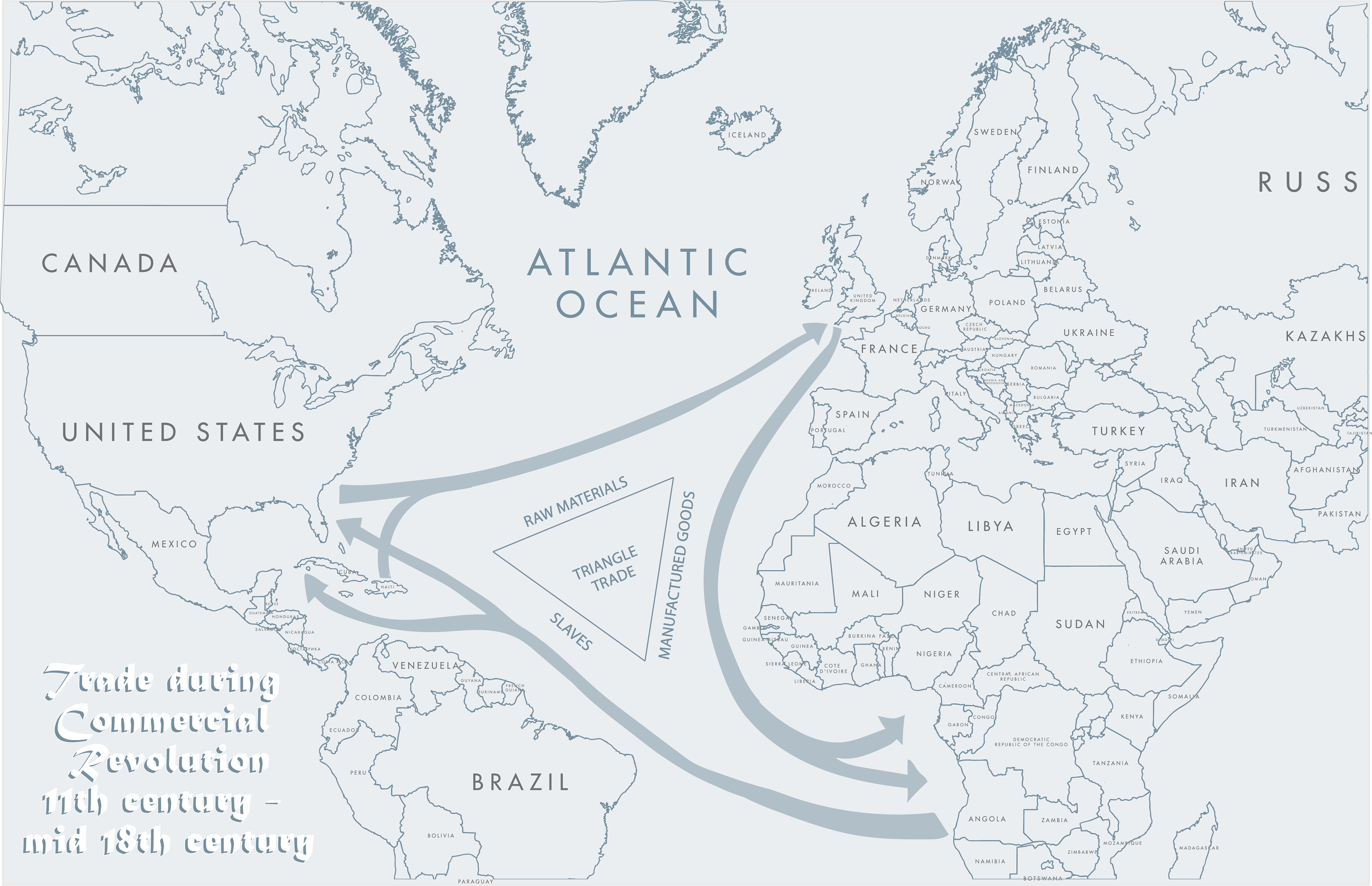In keeping this rationale in mind, this project will not look at any particular country's culture, politics, or history. Regarding the region's history, I will be focusing more on the age of Late Antiquity, looking mainly at Mesopotamia, the Ottoman Empire, and the Persian Empire. While I refer to the term 'Middle East' as outdated, there was a point in history where the term did make sense; after all, it didn't just emerge on its own. As previously mentioned, the term came about during the colonial period of the British Empire. India and the vast majority of Asia- what was the Mongolian Empire- was referred to as the East. While it is becoming the case that the terms "Near East" and "Middle East" are being used interchangeably, historically, they were used to define different regions. The western edge of Africa was considered the "Near East" as it was closer to the Americas. This left everything in between to be referred to as the "Middle East."
Regardless of which of the two terms you prefer, they cover an expansive region. “Historians specializing in the Middle East certainly have a story to tell, but it is a global story told in a local vernacular.” (Gelvin, 2020) Three events occurred in the first decades of the 16th century that would forever change the Middle East. While only one happened within the region, all three would shape the global context in which the Middle East would develop. The development of large-scale and long-lived empires in the Middle East and beyond was the first event that occurred in the early modern period. The Ottoman Empire was the greatest and longest-lived of these mighty empires. The Safavid Empire, centered in Persia at the start of the sixteenth century, and the Mughal Empire of India are two others. These empires still heavily affected the modern perspective and classification of the region and influenced how other empires of the time saw the region.
The commercial revolution in Europe was the second major event of the early modern period. During the early sixteenth century, trade within Europe and between Europe and other parts of the world increased dramatically. This increased interaction with outside nations led to the advancement of civilizations' art and culture. Islam was at the forefront of human civilization and accomplishments for many centuries. The Middle Eastern transit trade in spices and other commodities between South and Southeast Asia and Mediterranean Europe boomed throughout the sixteenth century. "Western merchants traveled extensively and, on the whole, freely in Muslim lands. Middle-Eastern merchants did not normally travel in the West. Muslims had an extreme reluctance to venture into non-Muslim territory, and the Westerners did not want them to come." (Lewis, 2004) This was a very early precursor to modernity. Modern history is distinguished by two major features: a world economy unlike any other in history and a global structure of nation-states. The Protestant Reformation was the final major event to occur. Luther's theses criticized and urged changes to the Roman Catholic Church's policies and theology. The Protestant Reformation ended the idea of a universal Christian state by dividing Europe into Protestant and Catholic kingdoms and principalities. This significantly weakened the strength of the empire.
While I mentioned that I would not be discussing politics, it has become the case that, within the western context, the politics of the Middle East is portrayed as heavily affected by religion. While this is a majority Muslim region and therefore might influence how each nation dictates its policies and laws, this stereotype is a tactic to ostracize the Middle East in global affairs as the "other." It's important to note that the word stereotype is grossly misused or misunderstood, frankly pretty ironically. A stereotype is a common yet fixed and simplistic image or idea of a specific person, place, or thing. While this creates the likelihood for biased negative connotations and is often unfair and has untrue beliefs, stereotypes aren't always an inherently negative understanding of something but more of a misconstrued understanding. Stereotypes are misconceptions that come out of ignorance or naivety.
A more recent, intensely analyzed and researched world event that heavily affected the global interpretation and stereotyping of the Middle East was the September 11 attacks. In the vast majority of my research, 9/11 was mentioned in some shape or form. One book goes as far as even prefacing the fact that the 9/11 attacks happened while the book was in the final stages of publication and therefore avoids dealing with them or the immediate causes and consequences. The author does go on to say that "it is, however, related to these attacks, examining not what happened and what followed, but what went before--the longer sequence and larger pattern of events, ideas, and attitudes that preceded and in some measure produced them." (Lewis, 2004) While this is a topic with plentiful scholarly text and conspiracy theories to match, this is not the discussion of this work. Still, it is a significant factor in the stigma we need to dismantle. That being said, James Gelvin summarizes this point by saying, "lumping together organizations as diverse as Hamas and al-Qaeda under the label 'terrorist' or 'Islamofascist' is as unhelpful as blaming 9/11 on an Islamic civilization that rejects modernity. Second, the emergence of al-Qaeda and the events of 11 September should not be viewed as some inexplicable 'Islamic thing,' nor as the result of mere happenstance. It is, as stated above, part of a global story told in a local vernacular." (Lewis, 2004)

Mongol Empire over time

Ottoman Empire over time
